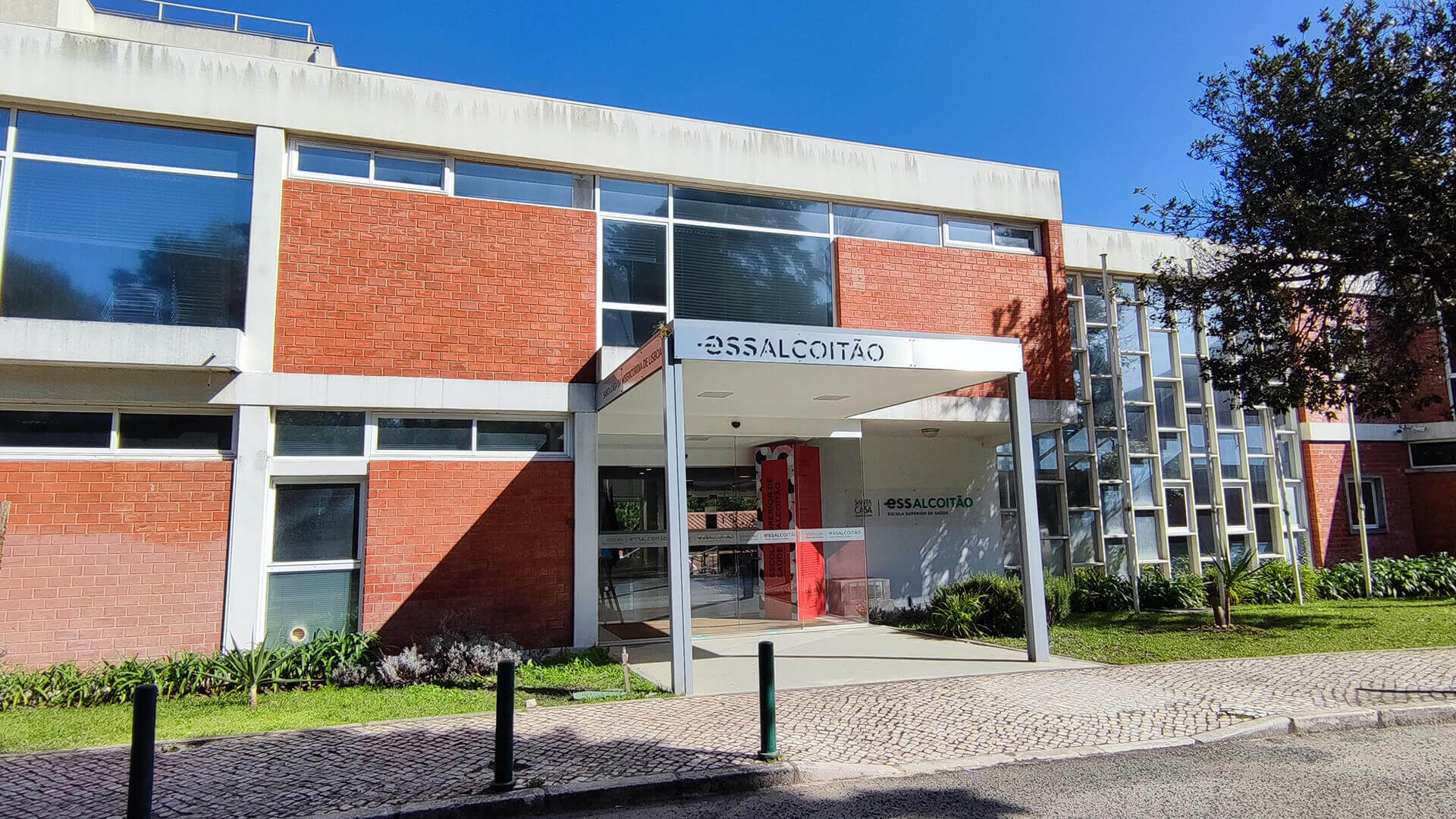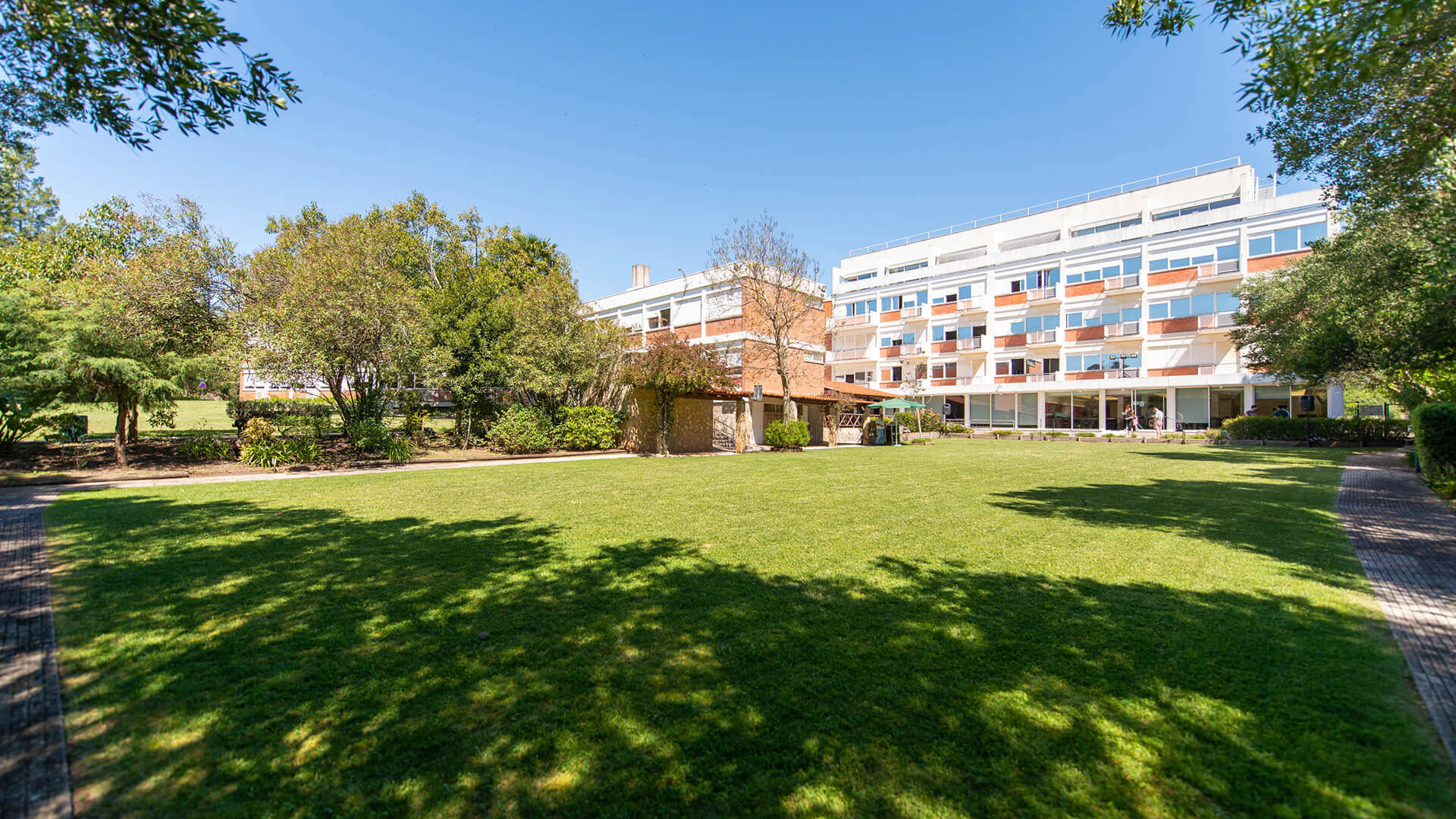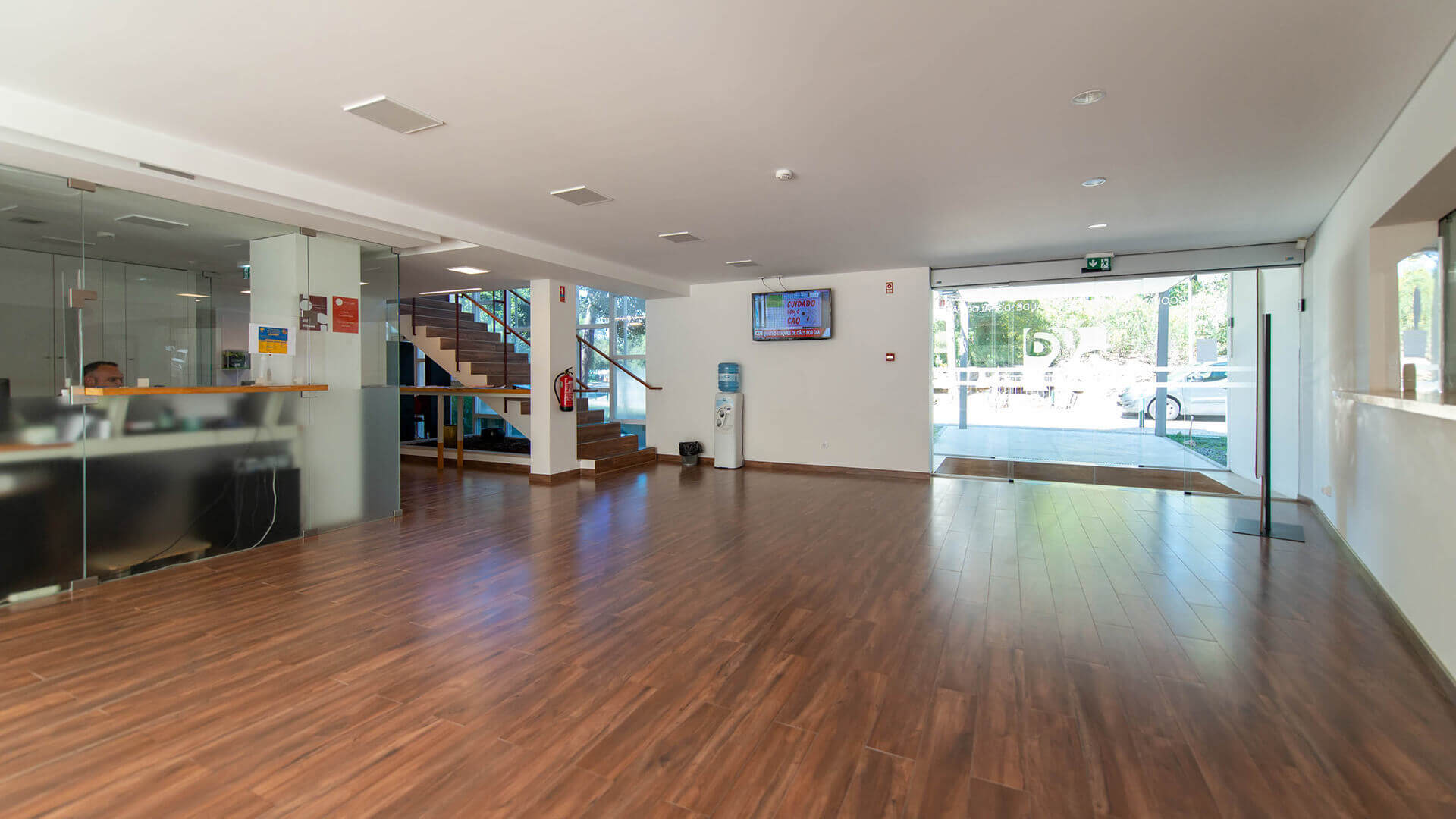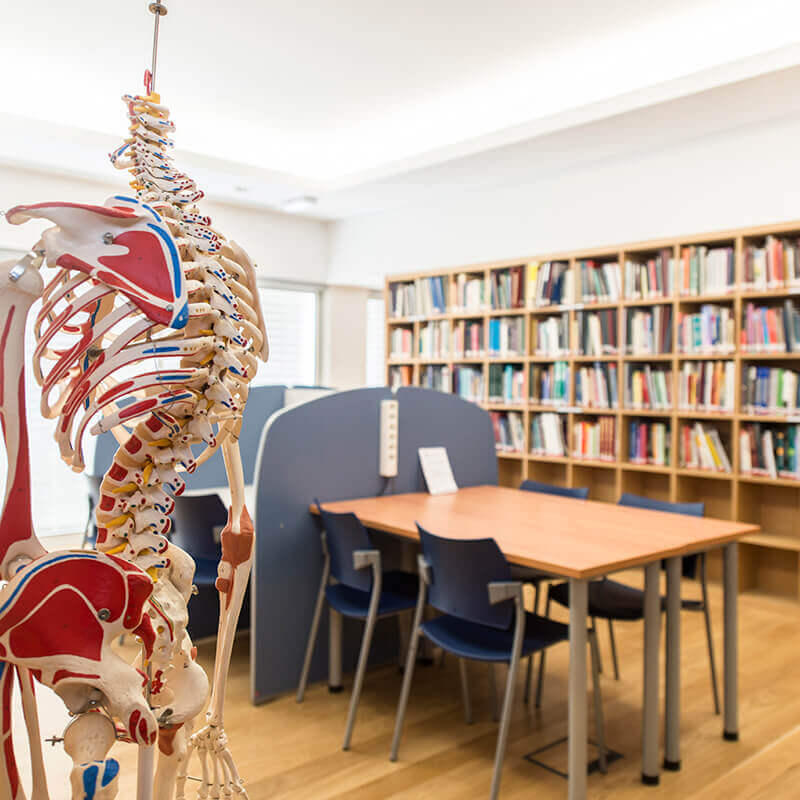About us
Higher education institution capable of playing a prominent role in the area of human health.




ESSALCOITÃO is a reference in higher education in the area of human health, focusing on physical, functional rehabilitation and mental health. We train excellent professionals, promote research and development, and collaborate with prestigious universities, municipalities and civil society organizations to improve people’s quality of life.
Building
The building that ESSALCOITÃO owns is a Classified Building and the School has been operating in this location since 1979. Initially (1966) it was planned as a residential home to support employees of the Rehabilitation Medicine Center (CMR) and students of the then School of Rehabilitation, which operated in the CMR building itself. In the current management of spaces, particularly in the teaching part, priority was given to their functionality and versatility.
Services
A ESSALCOITÃO dispõe de um conjunto de serviços que atuam de forma integrada, com intervenção em diferentes áreas específicas, permitindo uma elevada eficiência na satisfação das necessidades do nosso público-alvo, os quais procuram na ESSALCOITÃO respostas com garantia de qualidade ao nível da educação.
A Secretária Executiva dirige as unidades funcionais sob a hierarquia do Diretor e do Conselho de Gestão.
Laboratories
Diversity and comprehensiveness in Cooperation Protocols
ESSALCOITÃO has cooperation protocols with Universities and Polytechnic Higher Education Schools, public and private and at European level, guaranteeing its students complementary support in terms of teaching and laboratory and bibliographic resources. As a holder of the Erasmus University Charter, it has bilateral agreements with several European Universities, which allows it to send and receive students and teachers on mobility programs. In order to provide an adequate connection to the fields of professional practice, in addition to the strong connection to the Alcoitão Rehabilitation Medicine Center, and other SCML health services, ESSALCOITÃO also has protocols with more than a hundred health institutions and education, guaranteeing its students the offer of extensive practical experience.
Excellence in documentation and document archiving
It should be noted that ESSALCOITÃO also has a Library and Documentation Center, specialized in its teaching areas, which has been recognized as one of the best equipped in the country. In addition, students also have access to the Rehabilitation Medicine Center Library.


